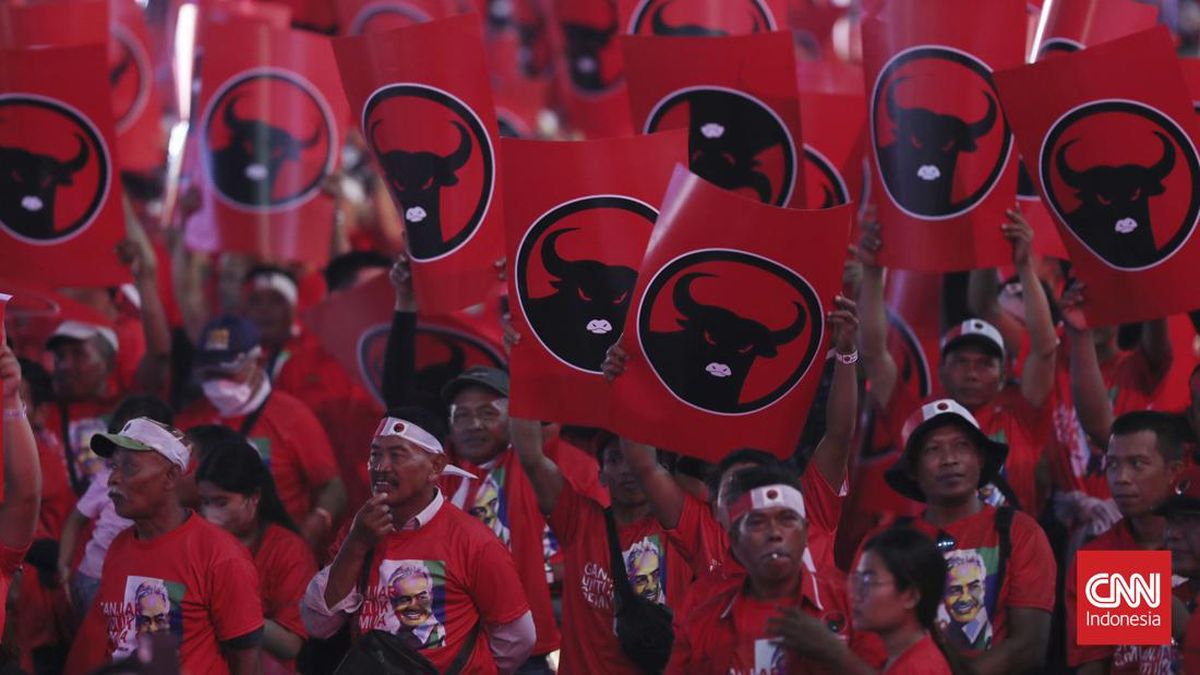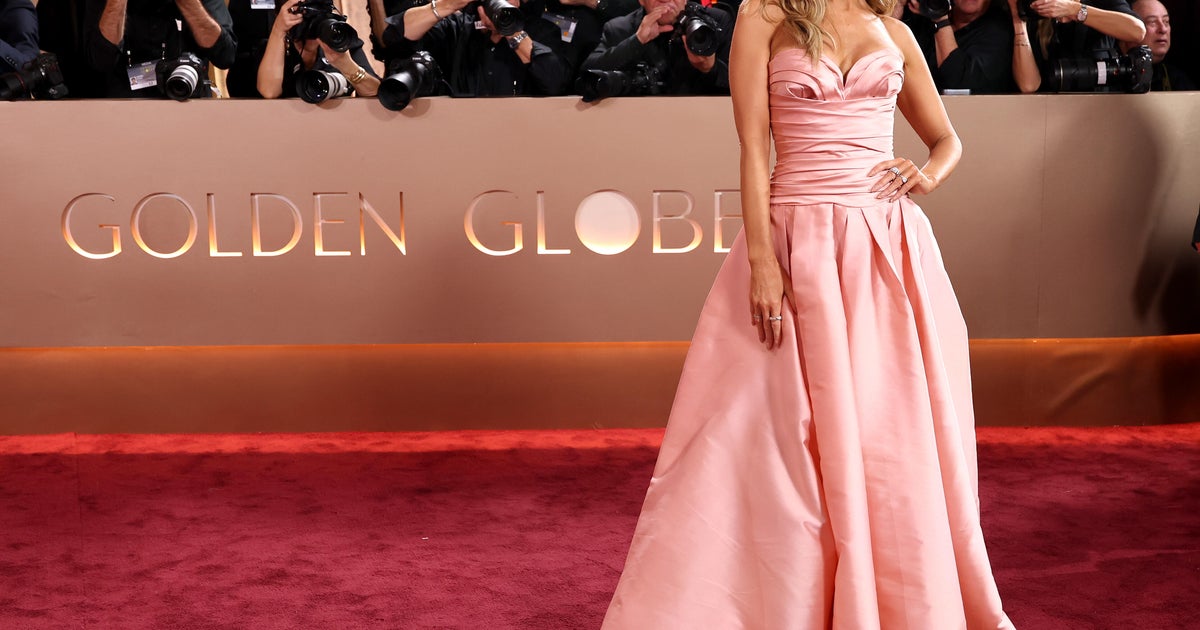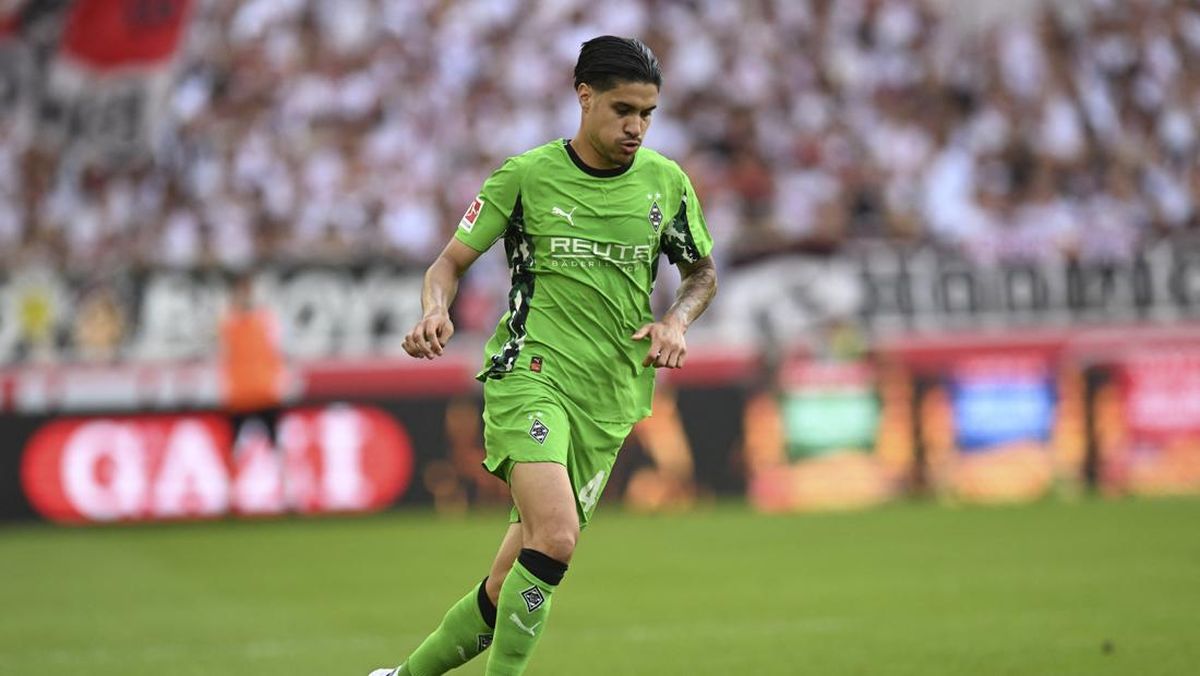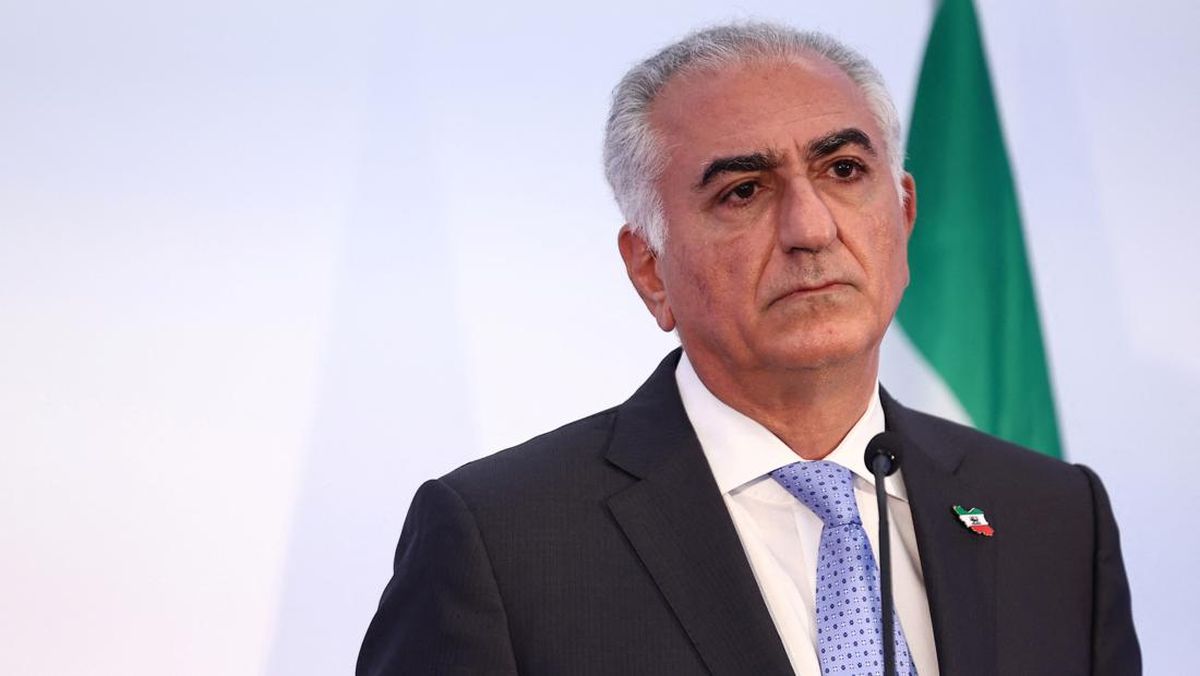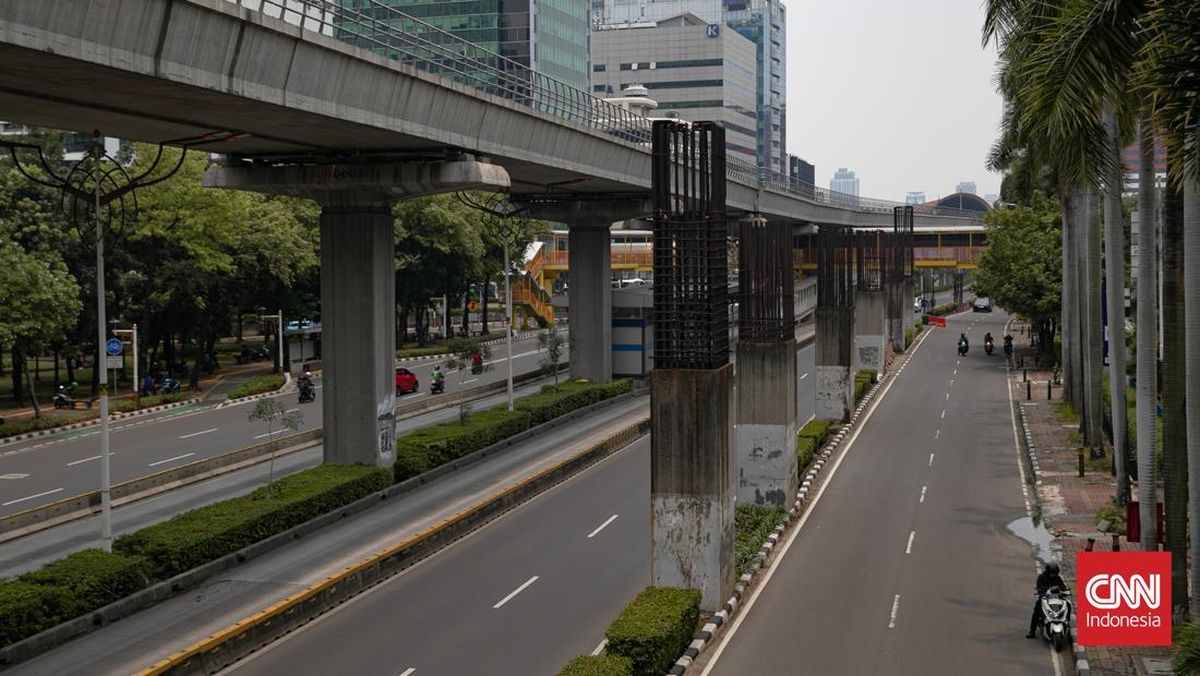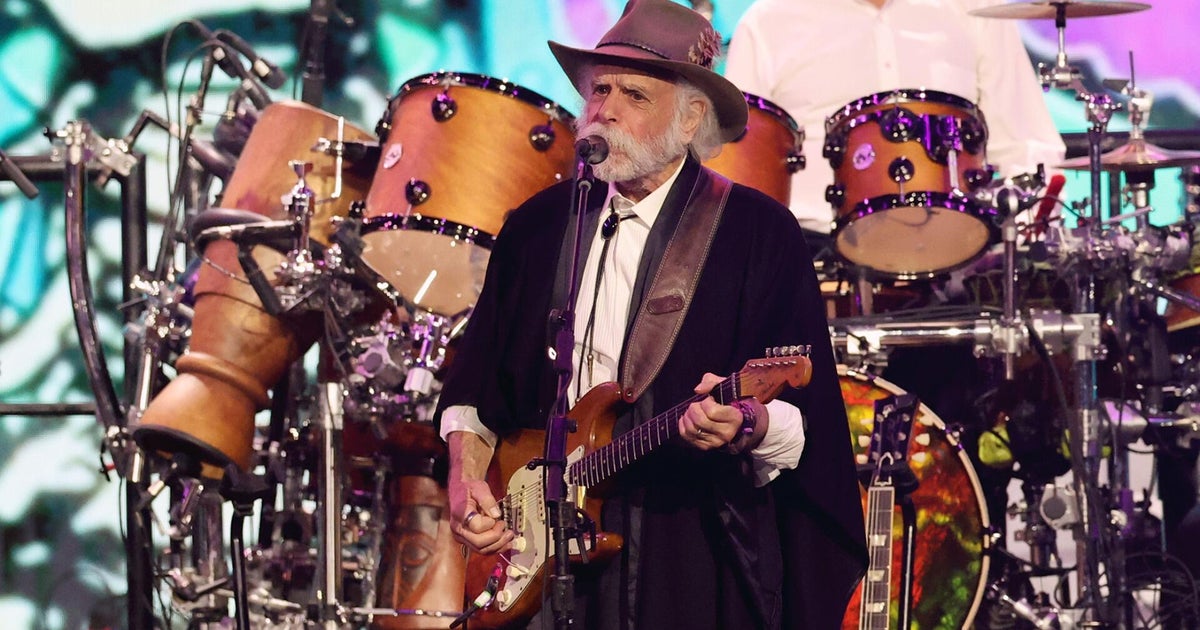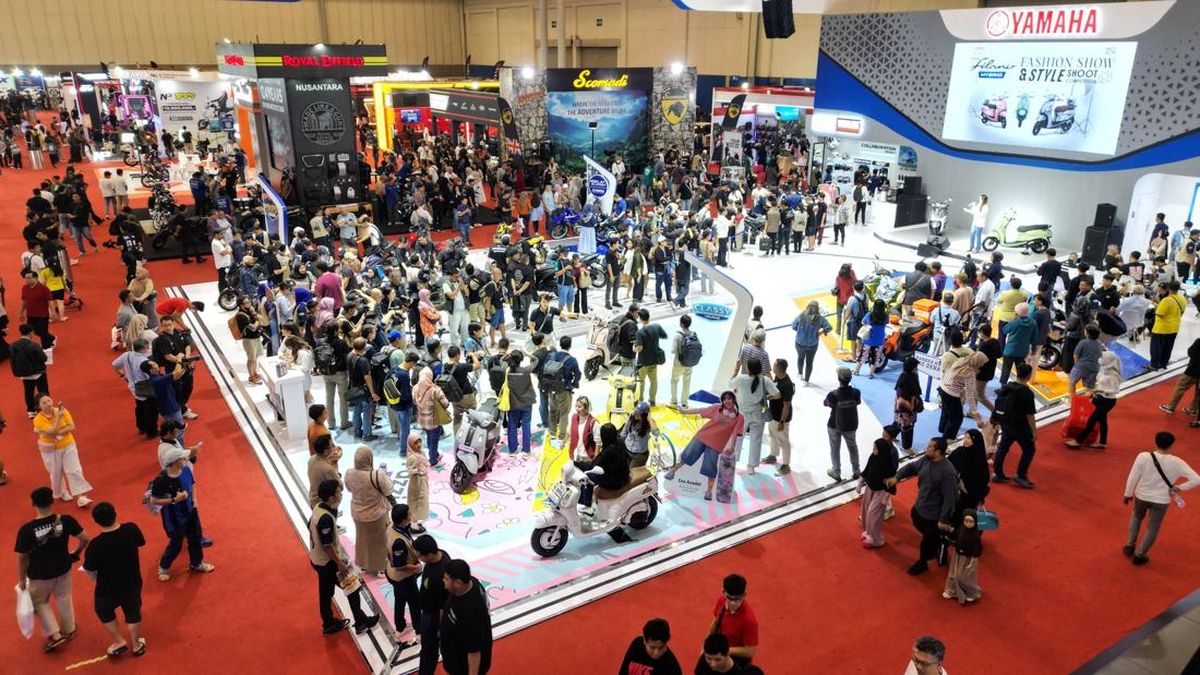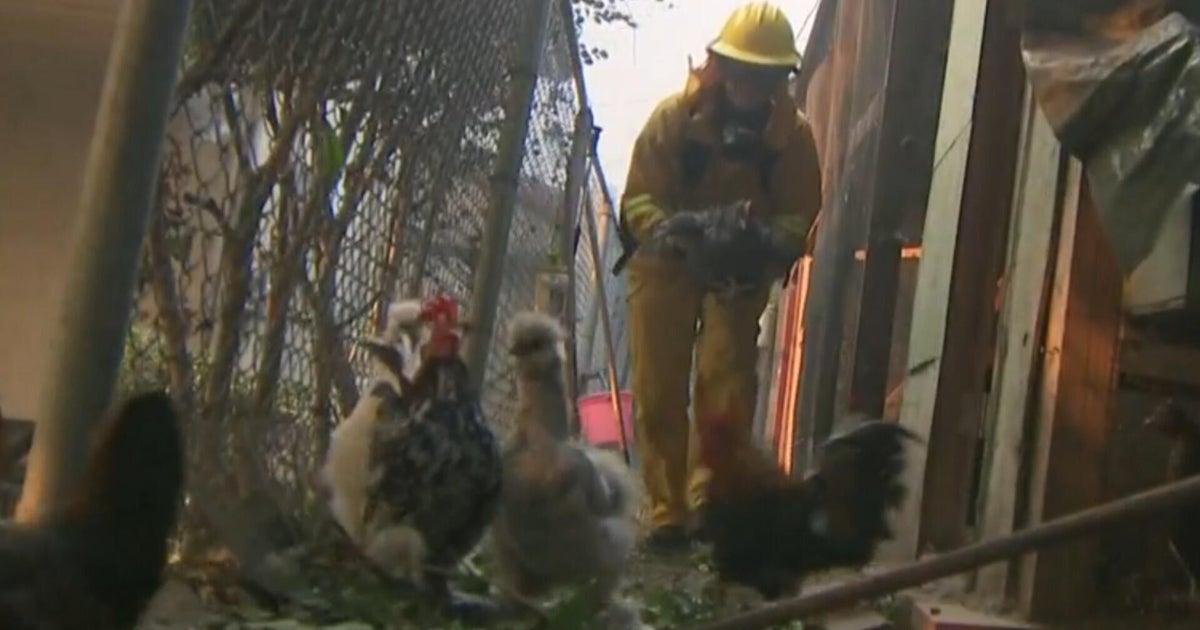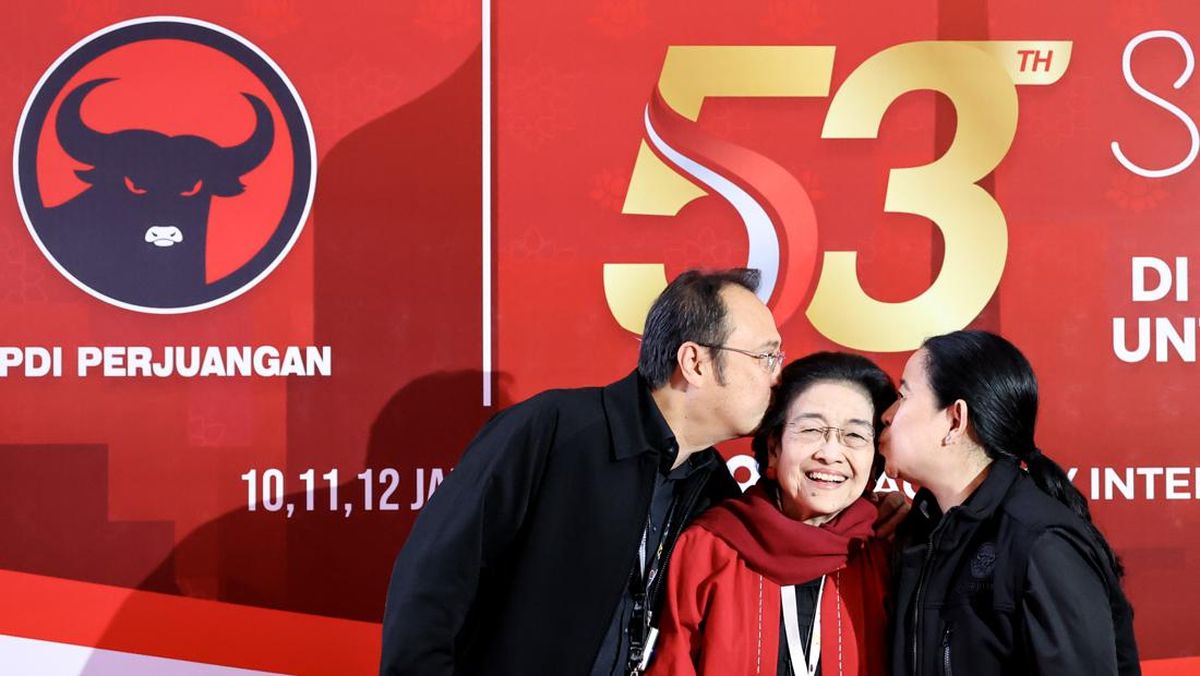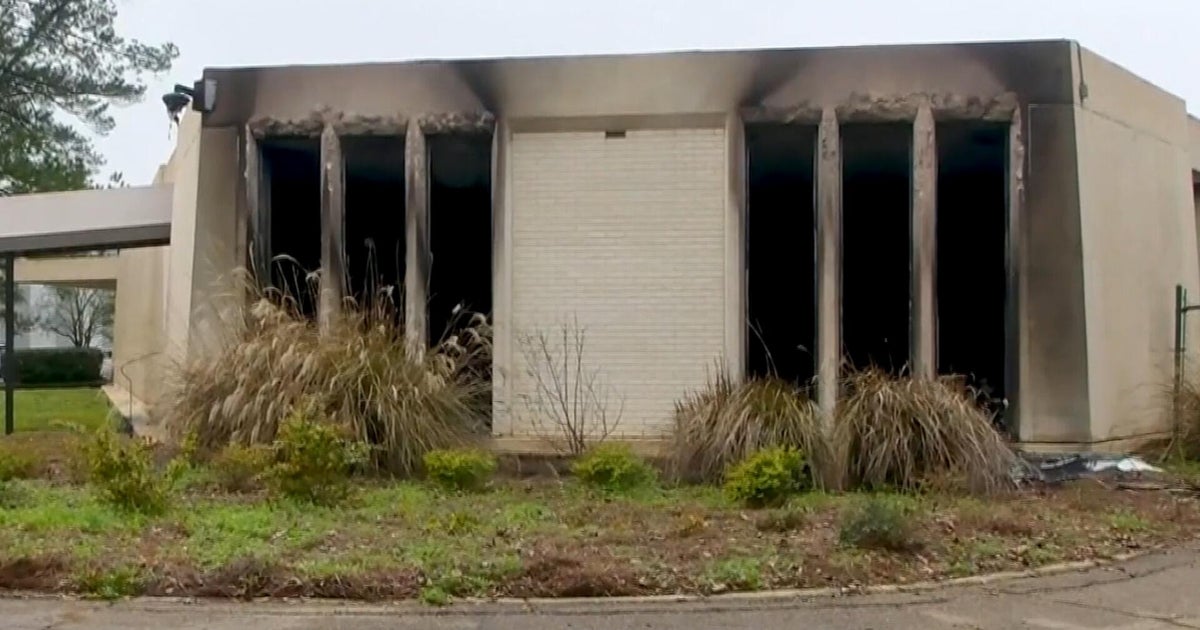The AFP conviction was later quashed due to Nicola’s nefarious needling. While the Commonwealth prosecutors felt they had enough for a retrial, they decided to let it go because he had done his time.
Mokbel pleaded guilty to Quills, Orbital and Magnum. The remaining charges were dropped. For Tony, it was the best deal since Aldi sold snow ploughs for $99.
It is entirely possible justices Stephen McLeish, Maree Kennedy and Stephen Kaye will decide that the Quills and Orbital convictions should be flushed down the toilet.
Which brings us back to the toilet at the Box Hill restaurant and the naked face-off (although they weren’t exactly facing off).
The chubby chap, built more like Billy Bunter than Billy the Kid, was Tony Mokbel’s right-hand man, Bart Rizzo, and the second man was “Andy Hossack”, an undercover police officer.

Artist sketch of Bart Rizzo in court.
Rizzo was understandably self-conscious. Much later at his criminal court plea hearing, his lawyers would say he had battled weight problems since he was a child. Sad, but hardly mitigation as I have yet to see any criminological research linking the consumption of Mars bars with the production of methamphetamine.
“Andy” had infiltrated the Mokbel syndicate, introduced by a trusted insider who was secretly working for the police.
The insider, a musician, became Registered Human Source 3030. The musician was a great mate of Rizzo but a million-dollar reward on Tony’s toupee-covered scalp persuaded him to work for the police.
“Andy’s” cover story was that he worked at a university and could steal large glass reactors that Mokbel’s team needed to produce speed.
It was late May 2007 when Andy first connected with the Mokbel syndicate, known as The Company.
Rizzo was chief financial officer for The Company. He kept the books, chased the money and resolved the problems. His fellow executive was Joe Mansour, the operations manager. They had been firm friends since they were private school classmates.
As Justice Betty King would later observe when sentencing Rizzo: “You and other company members ran ‘The Company’ as if it were a legitimate business.”
While Mokbel was a self-taught and quite brilliant businessman, Rizzo embarked on a Swinburne University business management course, dropping out in the final year – no doubt because there wasn’t a unit on money laundering.
Rizzo provided a list of glassware and “Andy” produced two consignments for $7300 cash from the Mokbel coffers.
Loading
But “Andy” was not masquerading just as an opportunistic thief but also as a drug dealer looking for a product that Rizzo could provide.
Trouble was, The Company had lost its two best speed cooks (three if you include Tony, who was pretty good on the tools). For years, Mokbel produced the best gear going about, but something had gone wrong.
Customers were complaining about the smell of the latest batch, and some had been hospitalised.
Rizzo spoke to Mokbel (it was one of 14 calls police recorded between the two), who was hiding in Athens. The problem was that they couldn’t withdraw the drugs as they needed the money.
Around the same time, phone taps showed Rizzo was about to pick up cash hidden in a Collingwood storage depot. He was pulled over in Box Hill – in his car was $499,950 in cash wrapped in gift paper.
A few days after police seized the money, the musician and Rizzo met in a Box Hill hotel room to package drugs for distribution. But the cook had gone bad, and so they contacted Mokbel for instructions.
Mokbel ordered them to move the product quickly at a discount. The cook said he could do a better job by using a 20-litre reaction vessel.
These bugged calls gave police the chance to introduce “Andy”.
Over six days, “Andy” made three buys totalling 1.1 kilos of speed for $114,000. Police testing showed what Tony feared: it was complete crap.
In a usual job, the undercover – to keep his credibility – would return the drugs and demand his money back, but this was not a usual job. Time was running out.
Two detectives, one from Purana and the second from the federal police, were flying to Athens to find and arrest Mokbel. Not that Tony knew that, although he was starting to smell a rat.
Mokbel asked his Melbourne executives: who was this “Andy”, and why should we trust him? What if he was an undercover cop?
Mokbel wanted “Andy” followed, and then had a second plan: get him naked.
You need “Andy” to get his kit off, to check he wasn’t wearing a recording device. And, as a matter of trust, Rizzo needed to strip off to show, he too, was not recording.
While Rizzo was relaxed about drug matters, male nudity was something else. Unlike the mobsters in movies, he was not a steam room sort of guy.
At the Box Hill restaurant, Rizzo was sweating and anxious. He then asked “Andy” to adjourn to the uncomfortably small restroom.
Rizzo went in first, turned around, and without a word, unbuttoned his shirt and dropped his trousers. This would have surprised “Andy” if he had not been forewarned from the phone taps.
After pausing to let Rizzo sweat a little more, “Andy” removed his shirt and dropped his trousers. He then spun around and bent over to show there was no tiny listening device where the sun doesn’t shine.
Having followed his boss’s orders, Rizzo quickly dressed and returned to the table (washing his hands first). Later in a conversation recorded in “Andy’s” car while they were doing a drug deal, Rizzo bragged about his romantic encounters with the opposite sex, as if to assure his newfound friend that a naked encounter in a toilet with another man was strictly business.
Within days, the trap was set. On June 5, 2007, Mokbel was arrested in a restaurant in Athens (carrying 3030’s doctored passport). As soon as the arrest was confirmed, police raided 22 properties in Melbourne, seizing drugs, guns, $790,000 in cash, rubber gloves, chemical equipment and an orange A4 exercise book that contained drug recipes.

Tony Mokbel is escorted by plain clothes police officers after appearing before a public prosecutor at Athens Appeals Court building in June 2007.Credit: AP
At Rizzo’s house, police found details of $400,000 in transfers to Mokbel in Greece, plus the golden thread: a spreadsheet documenting incomings and outgoings, and a list of drug quantities from July 2006 to June 2007.
Court records show: “The document establishes that this group has been responsible for the production of approximately 42 kilos of amphetamine since July 2006, which generated an income for the group of approximately $4.2 million.”
In sentencing Rizzo to a minimum of 13 years, King said: “You with other members of the company monitored the quality of those drugs; stored the drugs until sold; cut and repackaged the drugs; marketed the drugs; and, through you, kept a book of account on The Company’s customers and monies flowing in and out.”
In sentencing Mokbel over Operation Magnum, Justice Simon Whelan made it clear Rizzo’s accounting records and the phone taps were unshakeable evidence. “The telephone intercepts reveal two noteworthy matters in this regard,” he said. “First, you conducted yourself as a manager. You delegated. You gave advice. You encouraged co-operation. You sought to maintain morale.
“I have given very serious consideration to imposing a life sentence on the Magnum offence. Your commission of that offence revealed, in my view, arrogant contempt for the law, and an incorrigible determination to persist in serious, business-like drug trafficking regardless of the circumstances or possible consequence.”
Mokbel was sentenced to 20 years for Magnum.
The sensible decision for the Court of Appeal would be to quash convictions tainted by Gobbo, but rule that Magnum stands.
This would allow Mokbel to be released with time served but block any compensation claims from the career criminal.
Mokbel was a prodigious drug dealer and the court records should reflect that (naked) truth.
Start the day with a summary of the day’s most important and interesting stories, analysis and insights. Sign up for our Morning Edition newsletter.


